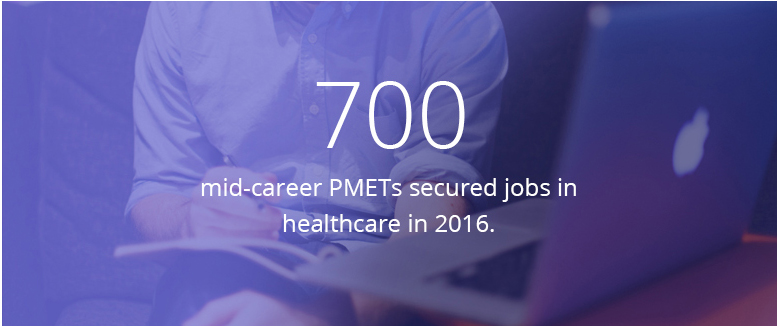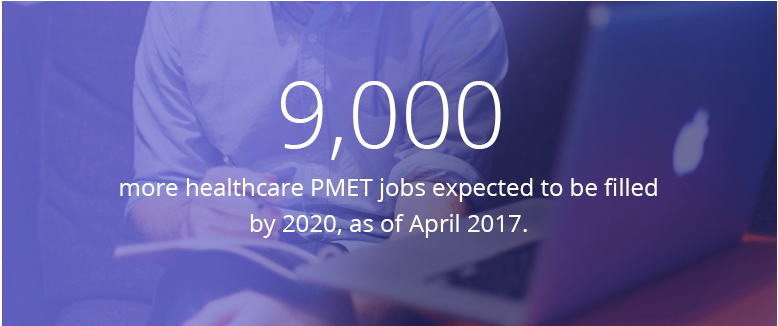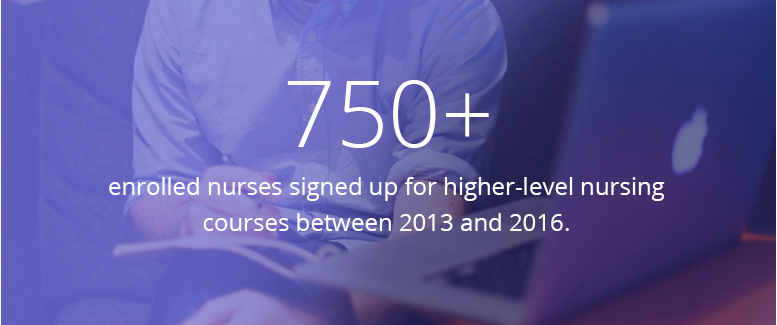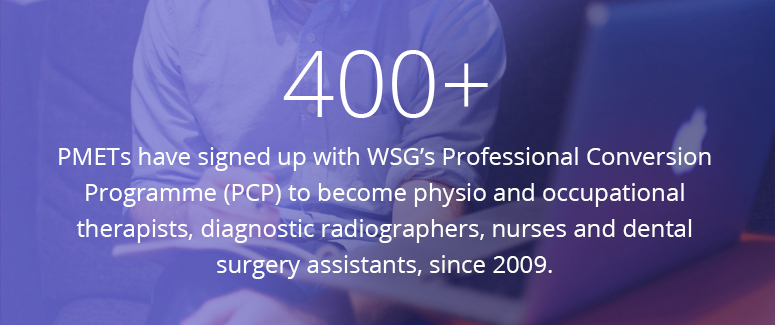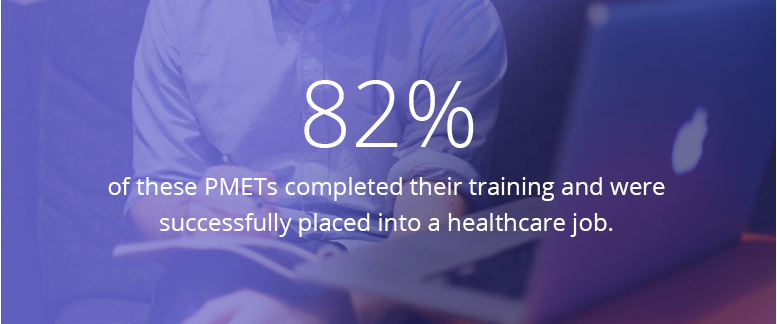With a growing ageing population in Singapore, the healthcare industry is poised to create a career boom in the coming years.
Did you know that the Ministry of Health estimates that by 2020 the sector will need 30,000 more healthcare workers to meet the population’s needs across different roles? These include various jobs in community care, a high-growth area where professionals with managerial and operational experience are in high demand, due to the growth in community hospitals and senior care centres.
If you are ready to make a career transition to the healthcare industry, these tips by Yeo Swee Har, Vice President for Human Capital Management at Parkway Pantai, will help you decide whether you should make the switch as well as help you prepare a strong resume and cover letter.
1. Agility, not age, is a factor
Having been in Human Resources for 36 years — 23 years in healthcare, Swee Har oversees all aspects of human resources for about 5,300 Parkway Pantai staff in Singapore. She believes the key trait that employers look out for when hiring is the dexterity and adaptability of a jobseeker. Age is just a number in the Singapore workplace.
“It’s not a question of age but a question of agility,” she says. “We look for a willingness to learn and adapt to changing environments.”
To boost your chances of landing a job in the healthcare sector, show that you are flexible and open to a constant cycle of change. “We are keenly aware that the healthcare industry is experiencing great advancements in the field of technology. If we are to provide our patients with the best care, then we have to keep ourselves current with the latest equipment and facilities,” Swee Har adds.
To demonstrate your agility, show how you have previously managed or facilitated a change in work structure, both in your resume and job interview. List past experiences with new technology, such as data systems, and your ability to work with technological change. It is also useful to cite management expertise in different sectors. This will show that you are both agile and dynamic — capable of effectively executing tasks across different teams.
2. Be prepared to hit the books again
Swee Har notes that healthcare jobs often require specialised skills and knowledge-based practice, so if you want to join this industry, be ready to go back to school.
If you are interested in a licensed profession like nursing or radiography, you will need to study for a diploma or degree at a tertiary learning institute such as Ngee Ann Polytechnic, Parkway College or the Singapore Institute of Technology.
Alternatively, you can sign up for government programmes that provide competency-based training in the skills and knowledge needed for healthcare positions that do not require special certification, such as jobs in the community care sector.
Current healthcare employees already undergo on-the-job training regularly, which means that as a mid-career jobseeker you have to stay agile by acquiring new skills and knowledge relevant to healthcare. For example, Parkway Pantai recently designed a series of six diploma courses with Workforce Singapore to help their staff hone their skills in areas such as patient management and communication.
“This 18-month programme helps our staff to be more effective. Even healthcare professionals such as doctors and nurses are required to undergo training because they need to learn how to manage patients and families,” says Swee Har. “With this constant ongoing training within the industry, it is important for new jobseekers, even those from non-medical roles, to demonstrate that they have been updating themselves too.”
Wondering if you’re suited to join the healthcare sector? Take this quiz to find out!
3. Be willing to start low and climb
“Candidates have to adjust their expectations. When mid-career jobseekers enter the industry, they start off on the same foot as fresh graduates based on their experience with healthcare,” Swee Har points out.
As a mature PMET, even with years of experience at a managerial level, your first job in healthcare could be low on the career ladder. Adjust your expectations — you may start out as an administrative assistant in a financial department or as a customer service officer. However, according to Swee Har, a key advantage of working in healthcare is that age is not a factor.
“We’ve got all age groups in the industry. Forty percent of our staff are aged 40 and above. Even for individuals at that age, if you enter the industry at junior level, you will still be promoted if you can prove that you have leadership qualities and are willing to learn,” she adds.
“Recently, we appointed a member of our staff who is close to 70 years old as a Nurse Manager. We want our people to be able to manage clinics and patients so we put her through a leader management programme. She underwent it and showed her mettle, which led to her promotion,” she says.
References:
- The Straits Times, 24 October 2016 — https://www.straitstimes.com/singapore/health/preparing-mid-career-pmets-for-community-care-sector




